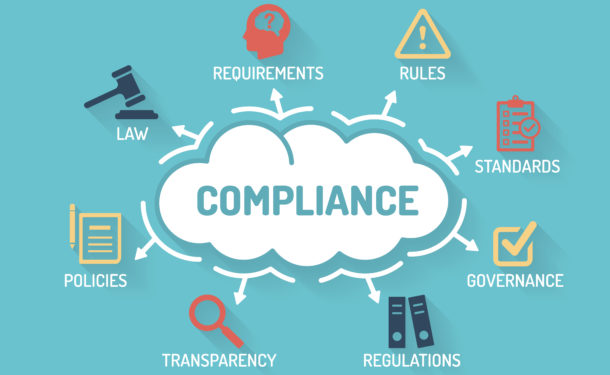
Non-compliance with ERISA can be costly for a small business. Case in point is a recent decision against a plan sponsor (Askew v. RL Reppert) who did not fulfill a participant’s request for information in a timely or complete manner. While the plan sponsor did not act in bad faith (according to the presiding judge for the case), they did have to pay penalties nevertheless. Hiring professionals with a good understanding of ERISA can help with compliance requirements.
Details of the Case
In the before-mentioned case, the issues facing the plan sponsor were relatively simple. A plan participant disputed benefits that he felt were owed to him. This led the participant to request a series of documents about the management of the plan, which the plan sponsor did not furnish for almost an entire year.
The request was a laundry list of documents: trust and custodial agreements, benefit statements, 404(c) and financial disclosures, and more. ERISA rules explicitly state the documents that must be provided to a plan participant both on an annual basis and upon request.
Still, it took 300 days for the plan sponsor to respond to the participant’s request. For that failure, the plan sponsor was fined $50 per day for this violation, or $15,000. That penalty could have been much worse. ERISA rules allow fines up to $110 per day. But judges have the discretion to lower this amount, which is what occurred in this case. The court felt that while the delay was intentional, they had not operated in bad faith. Also, it was determined that because it was not related to a benefit claim, the participant was not harmed.
Additionally, the plan sponsor did not provide the required custodial agreement for a total of 959 days. A separate penalty was assessed in the amount of $1 per day for this violation, for a total fine of $15,959.
Because of the failure to respond timely to the participant, a second issue uncovered the plan sponsor’s failure to conduct a plan audit for several years. ERISA rules allow small business plan sponsors to file their annual Form 5500 without doing an audit if the plan has less than 100 participants as of the first day of the plan year.
Accurate Participant Counts are Vital
Small businesses must pay attention to who should be counted as a participant when looking to comply with this rule. Participant counts for Form 5500 must include: 1) all active participants; 2) any participant who is retired, deceased or separated from service but still has assets in the plan, and; 3) all employees eligible to participate in the plan regardless if they elect to defer in the plan.
By overlooking non-participating but eligible employees in their participant counts, the plan sponsor in the before-mentioned case ended up filing an incorrect Form 5500 and did not perform the required audits for several years.
The plan sponsor at fault, in this case, was not fined for the missed audits, but they were required to conduct audits for the calendar years when they were not completed—an additional and unexpected cost to this small business. This is another instance where an experienced and knowledgeable retirement plan professional could have helped the plan sponsor report the required and correct participant counts on their Form 5500.
The Takeaway: Be Thorough
The lessons from this case are about thoroughness: don’t ignore the requirements of ERISA compliance. If you are unsure what the full slate of requirements is, call in an experienced retirement plan professional for guidance.
Respond to participant requests for plan documentation in a timely and thorough manner. But remember, you may not have to furnish all plan documents requested by a participant—only those related to plan governance are required under ERISA. Just because a participant requests a document does not mean it needs to be furnished. Knowing what is and what is not required is important.
Finally, understand the requirements around plan audits and hire a professional CPA firm to audit your plan annually if required by law. Ensure your Form 5500 participant counts are accurate and include all eligible plan participants.
It’s better to plan ahead and manage the costs for ERISA compliance in advance, rather than face a hefty and unexpected fine due to non-compliance oversights down the road.

Join the conversation
We would love to hear from you